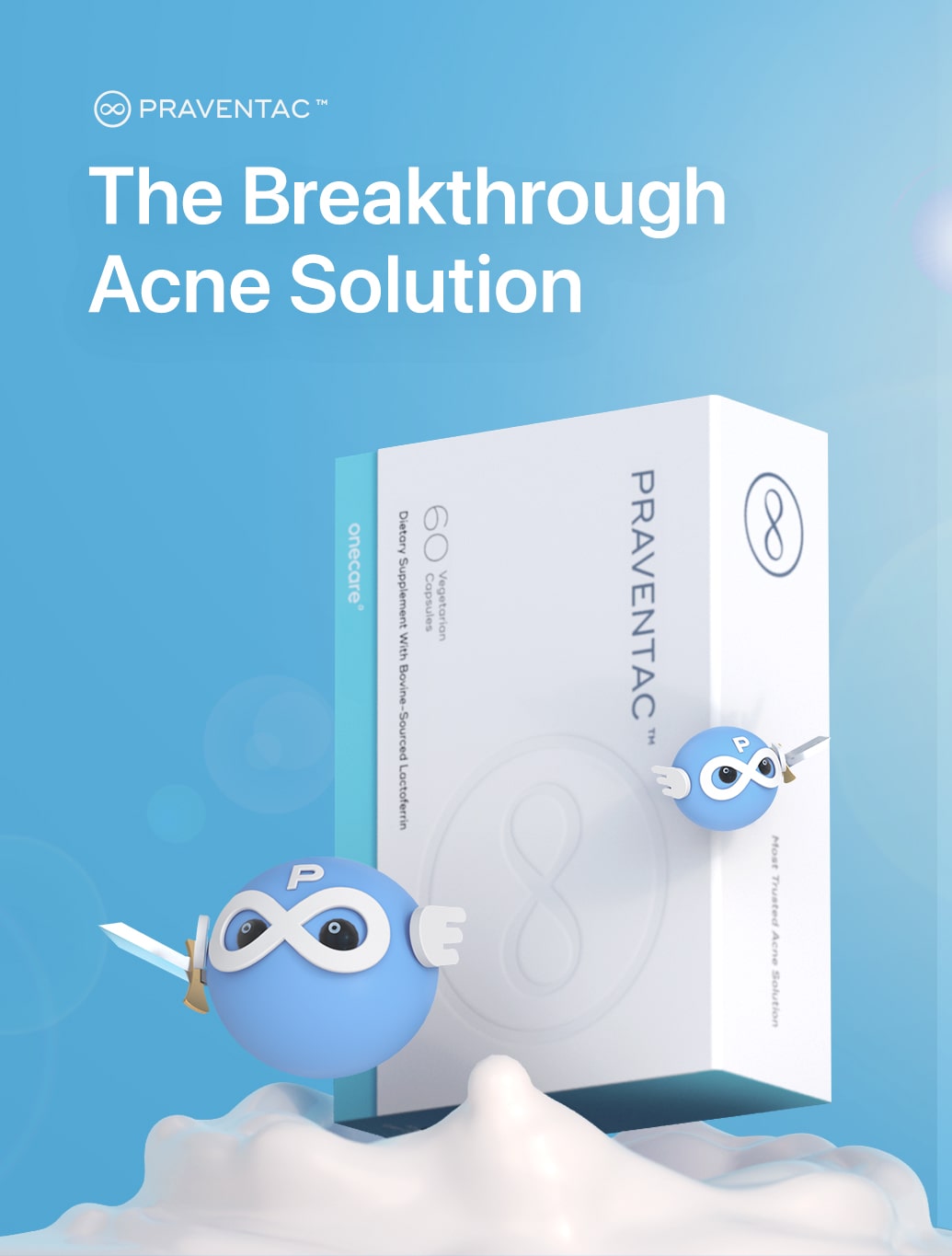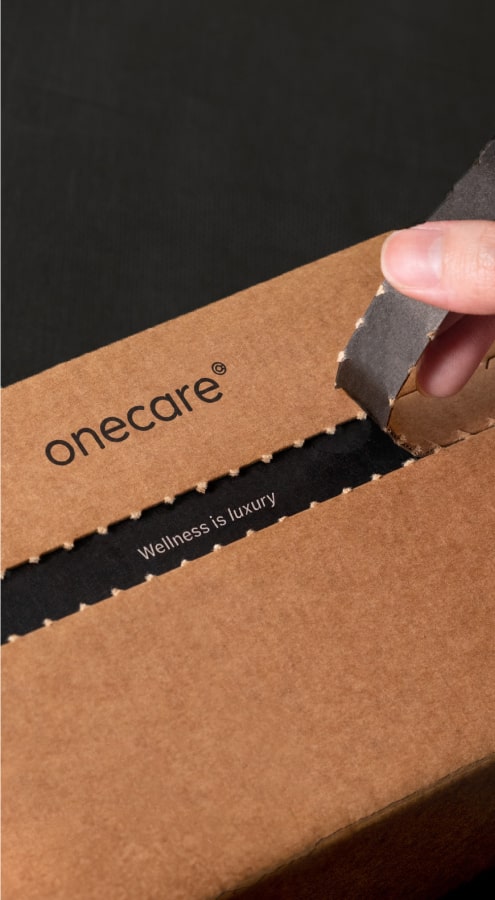In particular, cystic acne is more inflammatory, which means the immune system is causing the reaction below the surface of the skin. It develops when cysts form deep underneath your skin. This can result from a combination of bacteria, oil, and dry skin cells that get trapped in your pores. It is usually formed below the cheek, all the way to the neck.
Is there any way to deal with them?
Unlike normal acne, cystic acne requires a higher degree of effort to get rid of. When battling cystic acne, your average skincare isn’t just going to cut it. And although the trip to the dermatologist might seem like the only solution, fret not, when there’s a will there’s a way. Here are a few tips that you might wanna pick up to slow down those nasty spots

